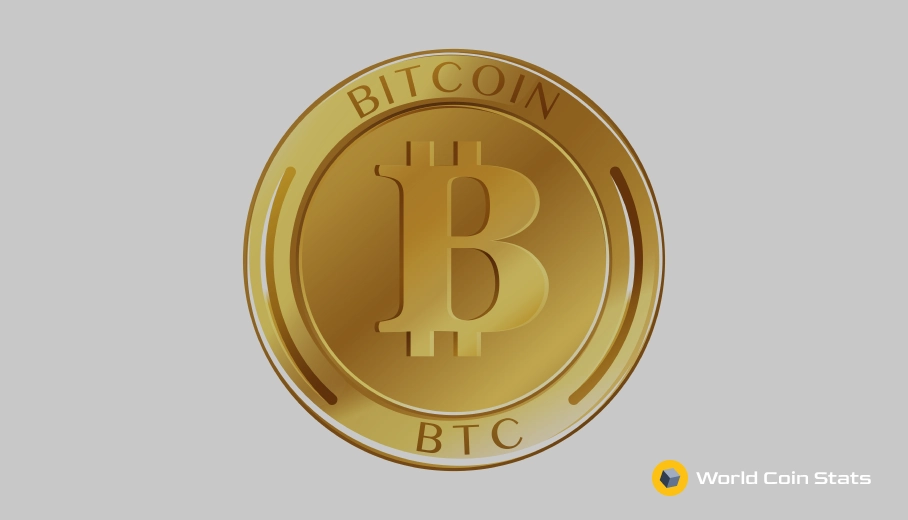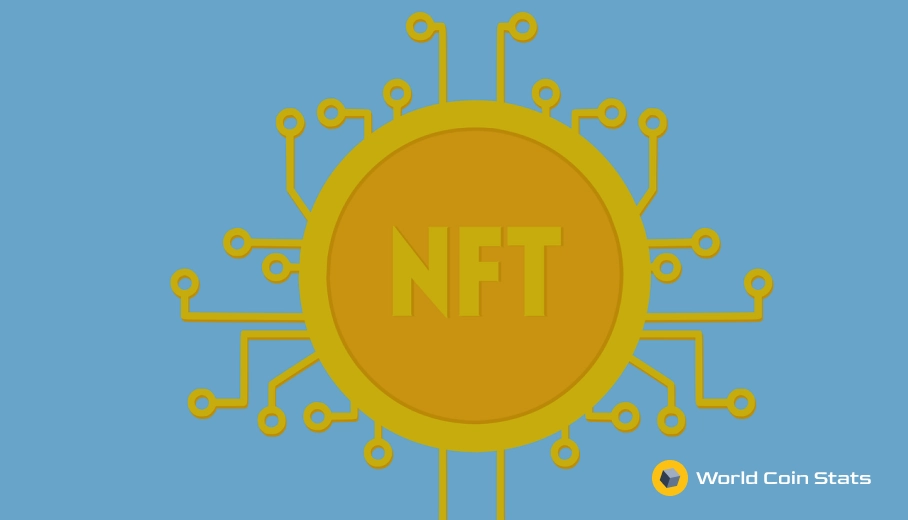Crypto Businesses are Interested in Becoming Banks
Banks have increasingly been interested in cryptocurrency – Goldman Sachs, JPMorgan, and Bank of America all have cryptocurrency aspects to their business. However, cryptocurrency businesses have also become increasingly interested in obtaining banking licenses.
For instance, Coinbase and Ivy Koin have both recently met with officials from the FDIC in a bid to obtain a banking license. This makes sense, of course, because cryptocurrency businesses often serve the same purpose as banks, but use cryptocurrency rather than fiat currency.
Anyway, this article will cover some of the reasons that cryptocurrency businesses are interested in becoming banks.
FDIC Insurance
The first, and probably biggest, reason that cryptocurrency businesses are attempting to obtain a banking license has to do with the insurance provided by the FDIC. For those that do not know, the FDIC insures up to $250,000 of a customer’s balance in the event that the bank goes bankrupt.
This is important because cryptocurrency exchanges hold a large amount of assets – Coinbase has over $20 billion in customer liabilities, which is a large amount of liability in the event of insolvency.
Additionally, FDIC insurance adds some level of legitimacy to the business. Customers no longer must worry about what will happen to their balance in the event the cryptocurrency exchange goes bankrupt.
Increased Legitimacy
A banking license would give cryptocurrency businesses extra legitimacy. At the moment, cryptocurrency exchanges are on the periphery of the financial world because they do not have a banking license.
In fact, many customers are weary of doing financial business with a financial institution that does not have a banking license. A bank license would obviously increase legitimacy because the license requires following strict financial regulations – something that customers like to see from a financial institution.
Of course, some cryptocurrency exchanges work closely with partner banks that require the cryptocurrency business to follow strict regulations. However, that point is often overlooked by customers. It’s also difficult for the cryptocurrency business because they must take the lead from the partner bank.
Increased Services
Finally, a banking license would allow cryptocurrency businesses to offer more financial services that include loans, direct deposit, and cards.
For instance, it’s nearly impossible to secure a loan based on cryptocurrency holdings no matter how large the holdings. But if the coins are held on a Coinbase that has a banking license, then it would be possible to secure loans based on those holdings.
Why?
The loans are insured by the FDIC, which makes them virtually the same as fiat currency. This is something that those offering a loan like to see.
A similar concept applies to direct deposit and card services. Businesses always want to offer more services to increase revenue. Plus, direct deposits would increase the amount of assets that Coinbase has the potential to hold.
Will crypto businesses get banking licenses?

Well, there are a few things standing in the way of crypto businesses getting a bank license. The primary concern from a practical standpoint is the fact that cryptocurrency exchanges hold cryptocurrency in a vault with a key. For example, if Coinbase loses access to the vault or there is a hacking, then the client assets are lost.
This is a little different than a bank that simply holds client assets in the form of a liability – the bank is generally ok unless there is a large amount of customer withdrawals at the same time, which would result in the bank not having enough money.
Anyway, that fundamental difference will be the biggest hurdle for a cryptocurrency exchange obtaining a banking license. Basically, the Federal Reserve cannot simply print more money in the event that a cryptocurrency exchange loses access to their vault.
The other problem with a cryptocurrency exchange receiving a banking license is that the banking community is a very tight-knit club. They generally do not like outsiders joining the club, so this might be a bigger problem than the access to client funds.
Of course, a hybrid solution might be created to serve cryptocurrency exchanges. In fact, that actually seems like the most probable solution to a banking license.
In other words, there might be a “cryptocurrency exchange license” that is similar to a banking license.
With all this in mind, it does seem likely that cryptocurrency exchanges will have some type of licensing in the future. It just might not be a banking license.
Final Thoughts
That covers it for why crypto businesses are pursuing banking licenses. It mostly has to do with FDIC insurance and the legitimacy that a banking license adds to any financial business. There are some hurdles that cryptocurrency exchanges must overcome before receiving a banking license, but it does seem likely that a cryptocurrency exchange will receive some type of license that is either a banking license or closely resembles a banking license in the future.




